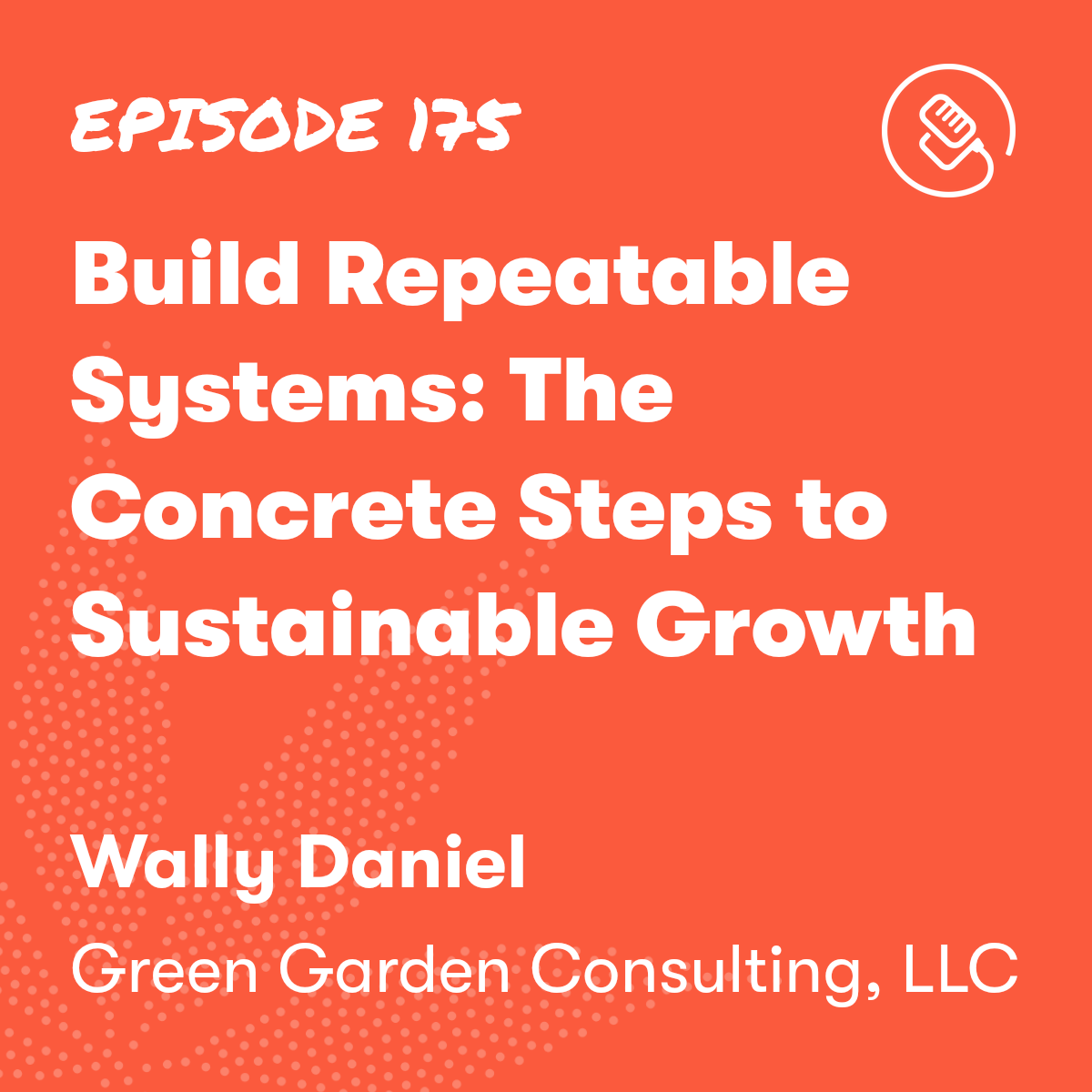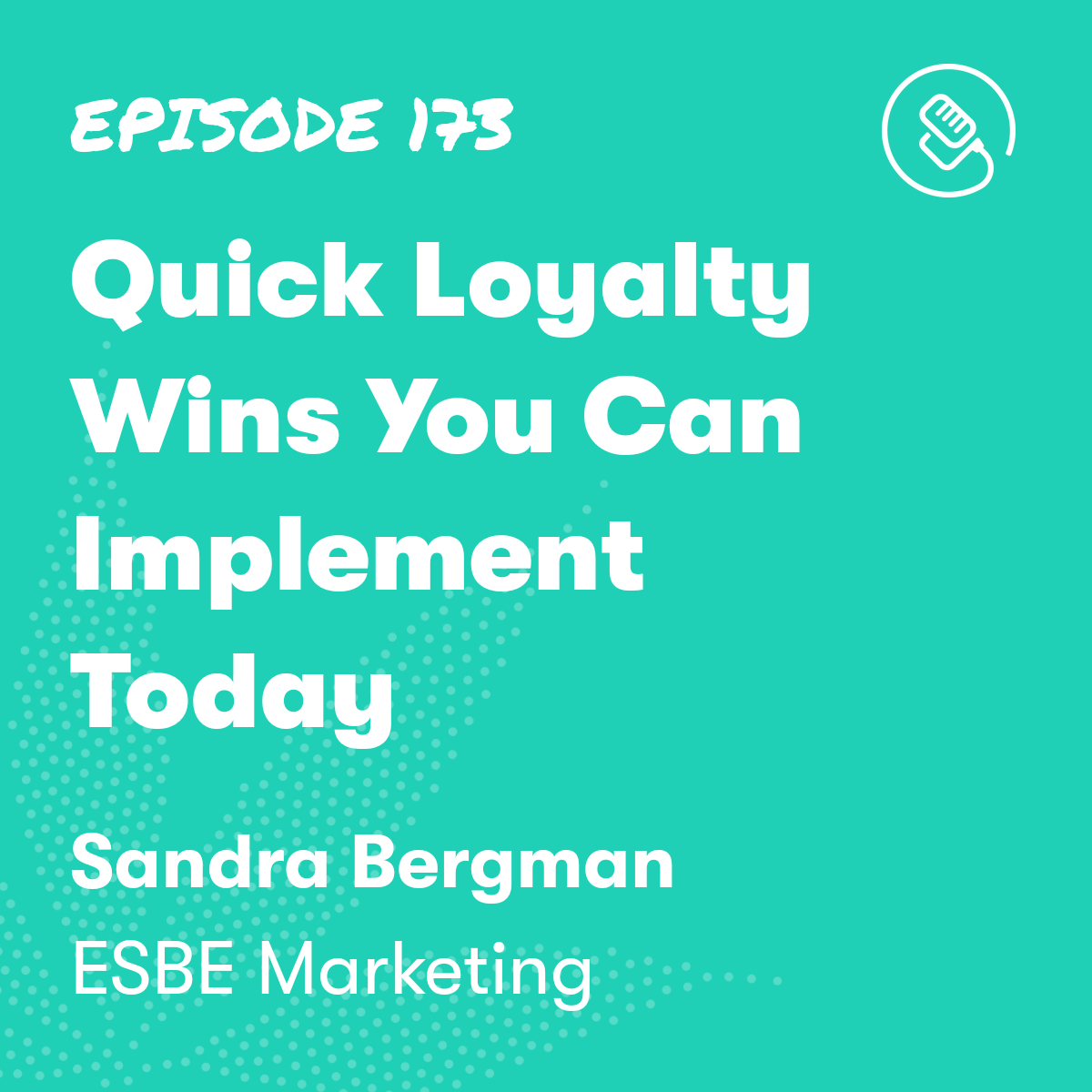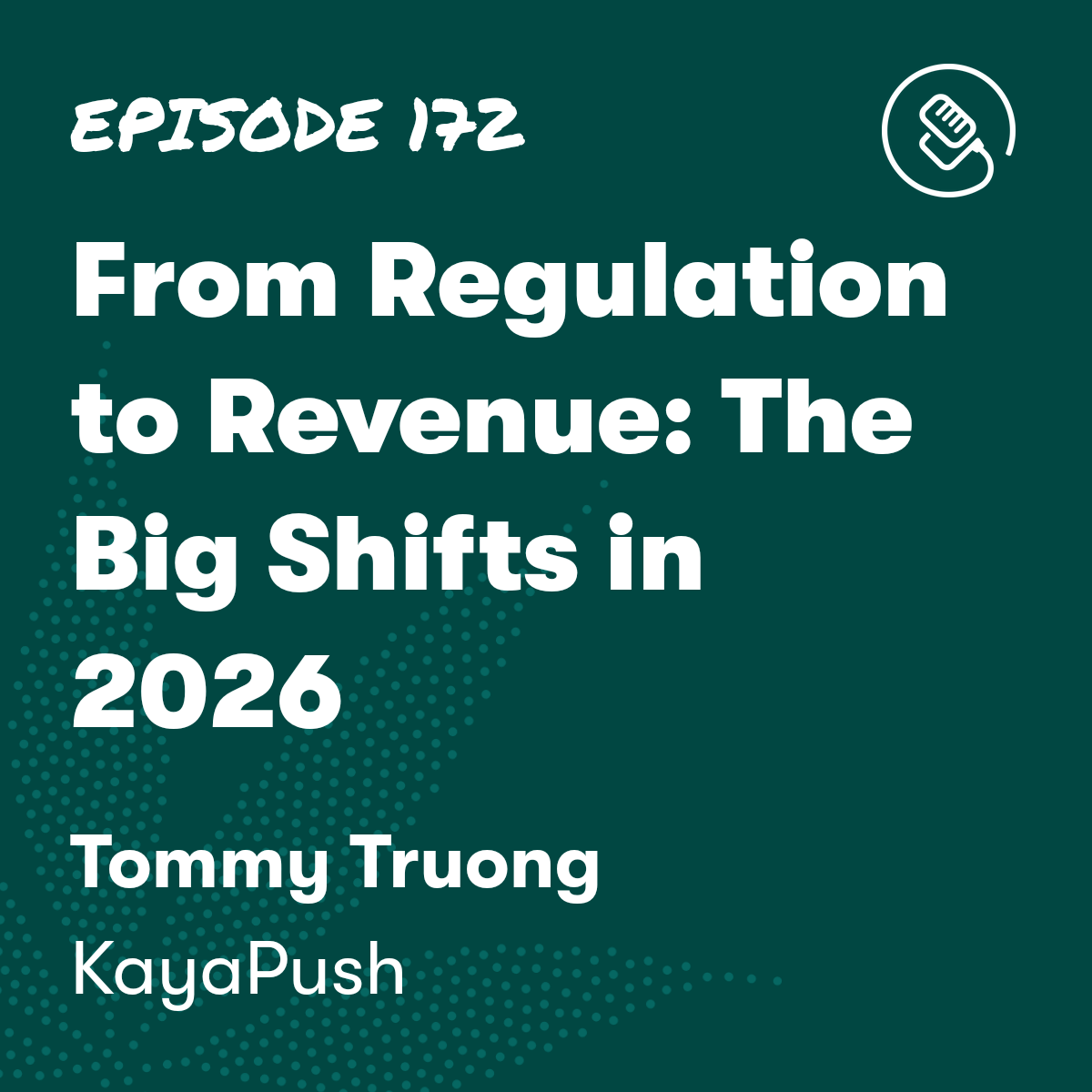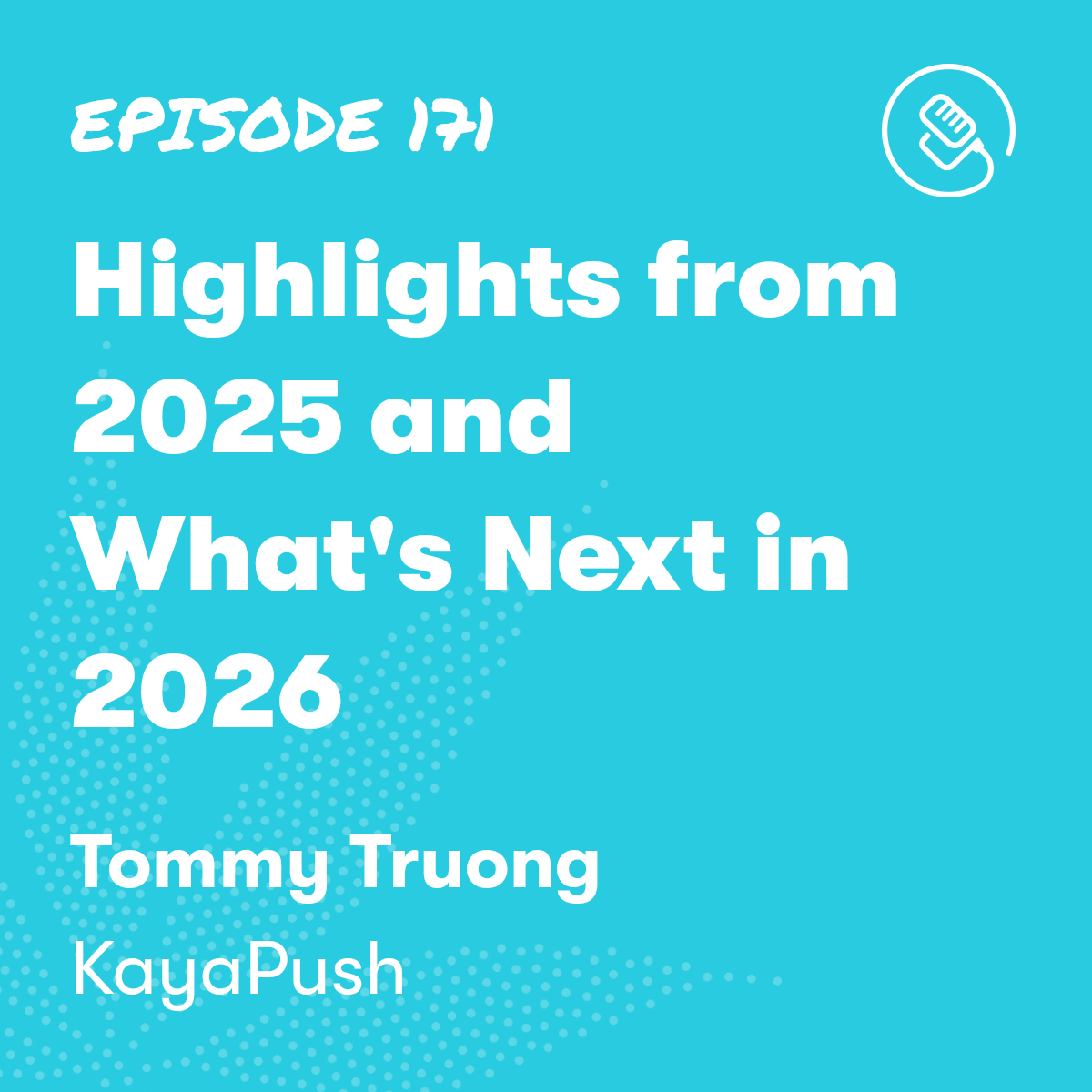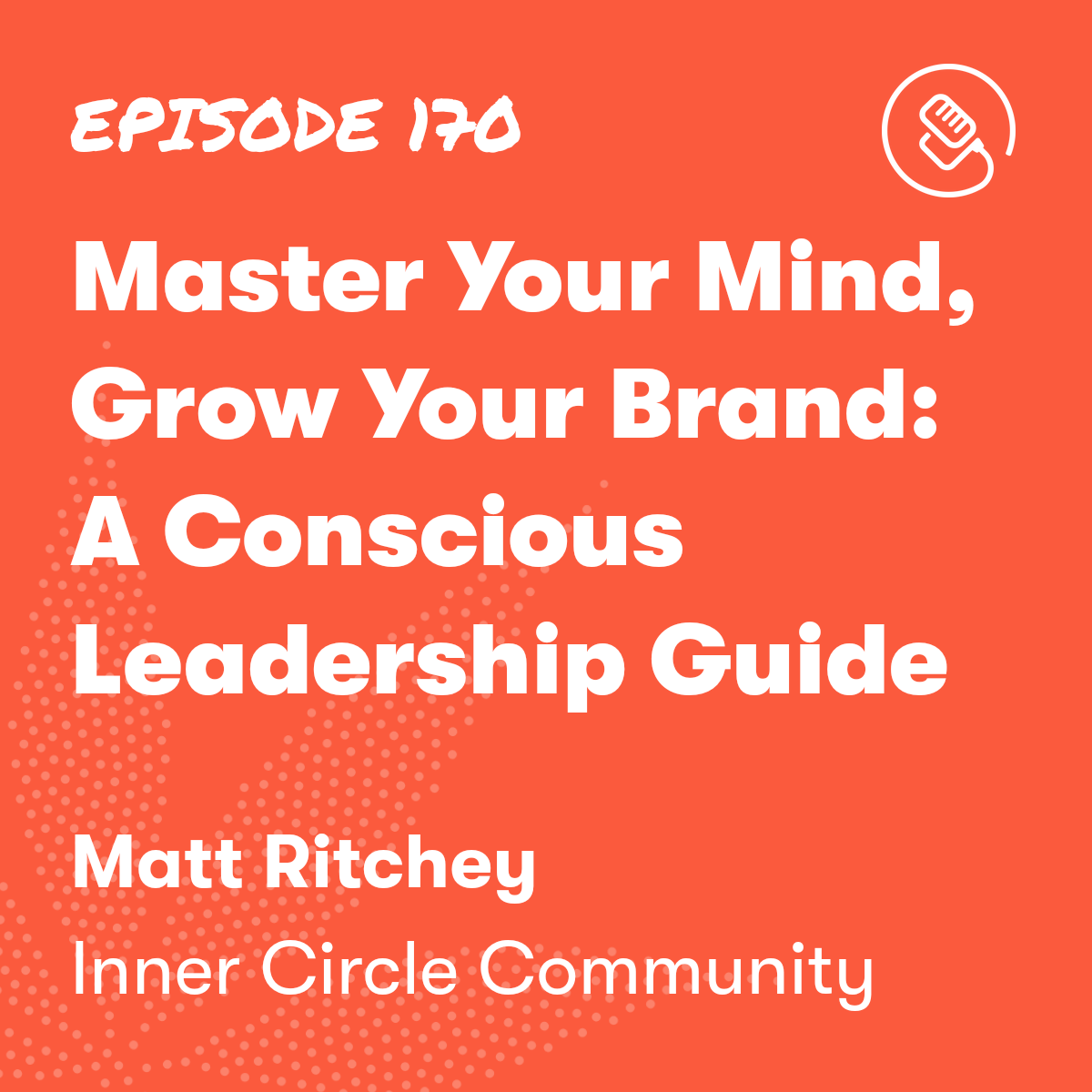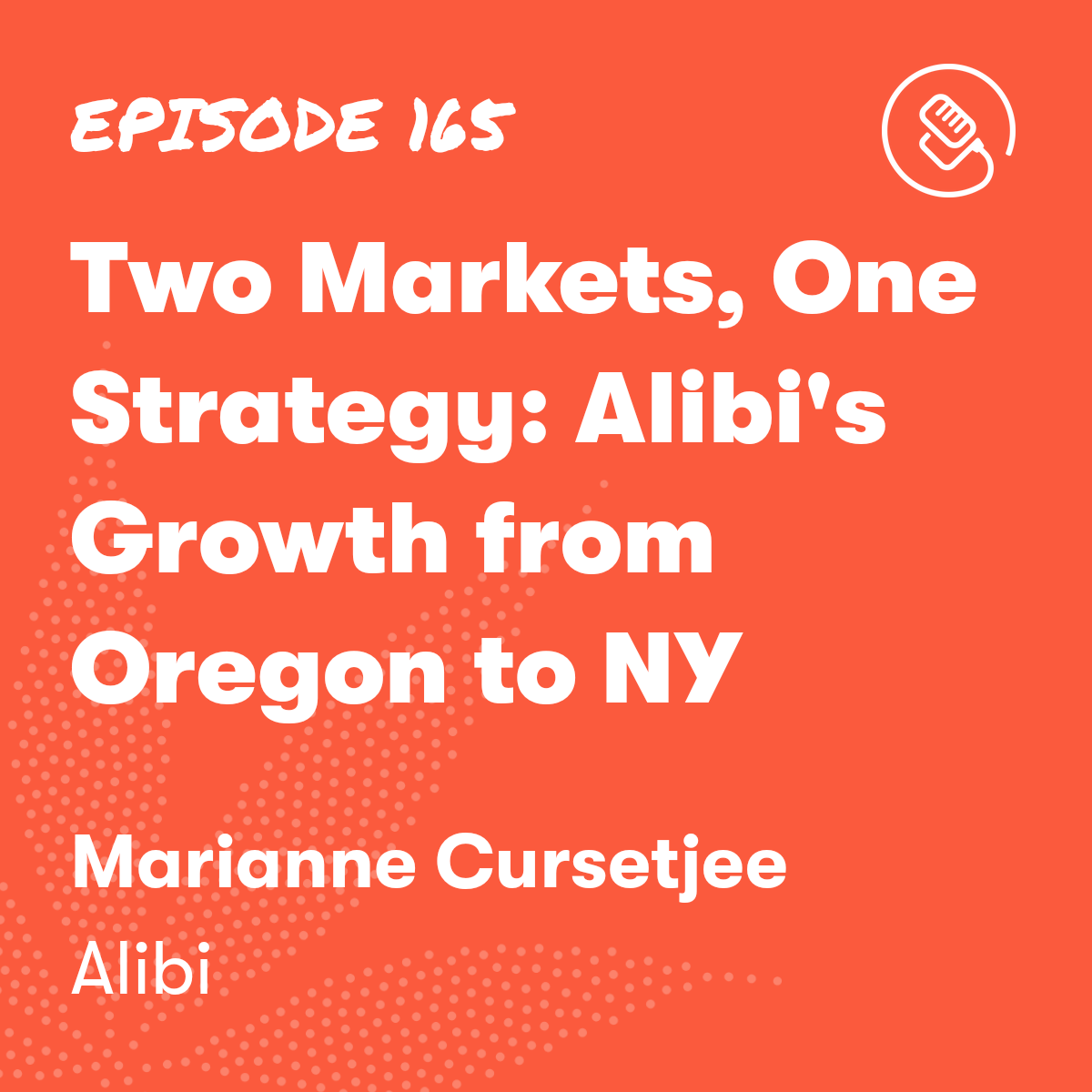

Unleashing Independent Cannabis Retail Success with Jazz Samra
Episode Description

Episode Transcript
Jazz Samra: If you operate on a shoestring budget, it's gonna catch up to you. And then you're not gonna be able to afford to hire the employees that you need to do.Then you're gonna be like, I can't afford a bud tender, so I gotta work here myself. And all of a sudden, like, you're kinda shooting yourself in the foot.
Tom Mulhern: Welcome back to the Kaya Cast podcast. I am your host, Tom Mohan, and this is part two of my interview with Jazz Samra. Now, if you haven't listened to the first part, I want you to stop right now, go back and listen to his story of starting Sativa Bliss.
We really wanted to separate it because it is two different focuses, and if you haven't listened to it, that conversation gives context for this conversation. So stop. Go back and listen. You probably have listened because you're a subscriber to our podcast. And if so, then I am excited to jump into this conversation.
The continuation of our conversation about Jazz's network that he's built of independent cannabis retailers working go up against the big multi-state operators, multi provincial operators that are out there. He goes into a whole bunch of great insights into how to support small businesses.
He talks about the importance of why we need to get together and work together in this industry and really, he breaks down how independent retailers can really survive, not just survive, but thrive in the face of these bigger corporations.
So let's jump into this second part of the conversation with Jazz about the VIP Media Group and independent retailers.
Tom Mulhern: I want to transition into talking about VIP Media Group. You are passionate about independent retailers working together, networking. So tell me a bit about VIP Media Group, the vision behind it and how is that helping independent retailers similar to what you're doing with, with Sativa Bliss?
Jazz Samra: Well, VIP Media Group came about just about a year ago. And that was for me, attending events and just building relationships with people in the industry. Some of them were corporate people, some guys were former guys that worked at the O C Ss and they kind of gave a warning to all the, the independents.
They're like, you guys are gonna be out of business very soon. Like consolidation is coming. The big corporate guys have all the money in the world and their aim is to shut down all independents and and put you guys out of business in. I was like scared at that point. I was like, holy shit, I can't afford, this is all my life savings now.
You know? It's not like we got loans to do this business, so our life savings are into this. And the only advice a couple of people gave me was get the independents to be organized and put up a stand because we don't have the money, but we do have like, 70, 80% of all the stores in Ontario are independent stores and if we don't organize, then we are doomed to the same fate as Alberta for example. I went to Alberta this past April and I have friends that opened up independent stores in Alberta when I opened up here. They're all out of business right now and 'cause they never united and it's like, it used to be 80% independents and 20% corporates in Alberta, and now it's like 80% corporate and 20% independents.
So,
We didn't want that happening in Ontario. And I thought like we have to organize and start getting people together.
And I just slowly started working and talking to people, talked to one, talked to two, talked to three, and
from there it's kind of been a snowball effect. And now we have a lot of retailers that are kind of working with us to.
kinda share best practices, get support. Even moral support is is a big thing for independents as well too. 'cause sometimes you're just on your own by yourself and you don't feel like you have the any opportunities.
Are there any specific ways that you've seen some of these independent retailers, whether they're in your network or even down in the states, that it's really made such a huge impact where one or two independents work together and that changes the landscape in their local community?
It's done wonders for us. Without having this network, I'd be in my own little bubble. I. I'm trying to figure out how to do business properly. Just the sharing of knowledge and great products that people are selling, what margins they're selling them for. How if there's like a Canna Cabana close by, how are they competing against the Canna Cabana where they can actually be more successful than the Canna Cabana. I think the sharing of knowledge is, is priceless.
I've got hundreds of friends now that are store owners and that I can call and ask for any type of advice.
And this is now leading into a conference that we're gonna be doing in September hosted by retailers to actually build connections With some of the smaller brands of, of LPs that are out there just to support their products. But now as a group, since we have such power, I would say now we can actually start supporting some of the smaller brands as well too.
We don't necessarily have to always rely on the big companies to support their products, but we find so many micros and independent cannabis operators that we can. Start telling 'em, Hey guys, this is a good company. Let's support this brand. And people are more than happy to just always support the little guys.
Tom Mulhern: Have you seen advantages in, in the process of scaling and growing a business to being an independent cannabis retailer as opposed to the MSOs, these big, these big corporate guys, they've got all the money, but there's definitely advantages to being a smaller, independent owned business. So what are some of those advantages and how can businesses capitalize on that?
Jazz Samra: I think one of the, the main advantages is when you're independent, you're in touch with like the grassroots of the community. You're in touch with your customers, right?
So I think just being connected to the industry, to the people, to your customers, that makes probably the biggest difference.
I know a lot of the corporate guys, they, they're operating these stores from boardrooms and from thousands of miles away.
And that shows because when you visit those stores, the budtenders don't even know who the owner of the company is. They don't have the same passion. They don't get a say in the stores. Our budtenders and managers, we make them feel like that they own the store like, That's their baby. So they take care of it differently.
The moment they work at the, some of the bigger chains, they're just clocking in and clocking out. It's just a job for them.
Do you see more independent cannabis retailers kind of adopting a multi location model in the near future? I think the majority of them do wanna scale to at least three locations at at a minimum, unless you have one that's already doing amazing and there's like to no competition close by.It's good to have two, three locations, at least you got your eggs in different baskets, right? Like I have six locations right now. Not all of them perform equally. Some aren't doing as well as I expected to do. And there's some that are doing better than I expected them to do. So you can kind of like investing in the stock market.
They always say diversify. Diversify, right? So you wanna kind of be a little bit diversified as much as possible, right?
Tom Mulhern: Do you provide training and educational resources for those business owners who love weed but may not have that, that business background? Do you, does your network provide that?
Jazz Samra: A hundred percent. Yeah. That's why that that conference that we came up with, It's a four day conference, but three days is actually just education. Like day one, teaching store owners how to run an effective store. Store, how to hire good people, create SOPs, have best practices, how to do promos, how to compete with a corporate store in your neighborhood, all these types of things.
Creating a unique menu of offerings to your clients. These are the types of skills we teach that. And then day two is like budtender training day, making sure you train your budtenders properly so that they can actually provide the best in class service and keep your customers happy. And then day three is like B2B sales and like interacting with LPs and freaking out how you can, you know, create alignments and bring in good quality products and getting support from them to help you sell their brands as well.
And when is the Elevate Cannabis Expo happening? September 12th to the 15th. So we have three days of education and one day is actually like a full on trade show where we introduce the LP owners directly to the store owners and managers, just to build those relationships.
Tom Mulhern: Now to kind of wrap it up, you know, as a business owner, what is one tip that you would have for a fellow business owner to either launch scale or grow their business?
Jazz Samra: Be well capitalized. Like, don't just assume that you just, because you start a business, it's gonna be profitable. Make sure you have a plan B for how you're gonna pay your bills at home. 'cause sometimes it's just a challenge just to pay the bills at the store. So make sure you have enough funding.
For that, if you operate on a shoestring budget, it's gonna catch up to you. And then you're not gonna be able to afford to hire the employees that you need to do.Then you're gonna be like, I can't afford a bud tender, so I gotta work here myself. And all of a sudden, like, you're kinda shooting yourself in the foot.
Right? Be willing to learn. Just because you like weed does not matter, right? If you like weed, you should not open a store. Just go and smoke it, right? It's so much more fun, right? Because this, at the end of the day, it is a business. It's a great business because we're selling an amazing product.
Everyone that walks into the door is actually genuinely happy when they walk into our store because they know they're gonna obviously get a great experience, but they're gonna get to go buy some weed and go home afterward and be really happy, right? So, People are walking into the store happy. It's an easy product to sell, but you have to have the business skills required to do it as a business and manage all those things.
As the industry has changed and evolved and a lot of those, like capital resources have kind of dried up, what are some ways to that businesses can find some of that capital investment to get going. Is there new streams of revenue or.
Most people that I know took money out of their properties or through friends and family. That's the only way, especially considering the state of the industry right now. Everyone's like losing money and they're all like trying to go on these roadshows to collect more money.
It's not that easy for an independent to raise money at all. Right? So, so I wouldn't even waste time unless it's a family friend or your own personal funds, you're not gonna get somebody to invest in you. Unless you have something totally unique and brilliant to offer, but that's always like the rare, rare, rare situation.
I've never seen it. When you're independent, you gotta create your own opportunities. Work hard, usually use your own money or family's money to to make a success outta yourself.
Tom Mulhern: You gotta be willing to work hard. And for me, I found that the more outside the box I look, the more opportunities I see. Some people just complain and this is not right, this is not right. But when when some things aren't right, then you should be the one to try to fix them. And that obviously to me, I see a problem in a space and I can create solutions for those problems.
Jazz Samra: And that's where opportunities always lie. I could open up like eight different businesses in cannabis right now that are not related to a, a cannabis store, just because I go and listen to people and hear their problems and the challenges that they're having out there. Right? So yeah, lots of opportunity.
Tom Mulhern: So if people wanna connect with you, you know, They want to come to the Elevate Cannabis Expo happening in September. What are some ways people can connect with you? Find out more about what you're doing, become a part of the network.
Jazz Samra: I'm on LinkedIn, so you can follow me on LinkedIn and you can message me directly from there. You can visit my stores sativa bliss.ca at six location. Feel free to call any of the stores and get in touch with me through that or the Elevate cannabis website,I'm not that hard to find. I don't hide
Tom Mulhern: Well, Jazz, this has been really insightful. I really am grateful for this opportunity to, to learn from you. And you know, I hope people are able to join your network and be a part of what you're building for independent retailers out there like yourself.
Jazz Samra: I appreciate you. Thank you for having me on. This is wonderful.
Tom Mulhern: I hope to see all of you at Elevate in September, and I know that the Kaya Push team is gonna be there and Jazz is gonna be there. There's gonna be tons of amazing independent cannabis retailers who are in this industry to make the industry better for small businesses.
my encouragement to you as a listener is to support those independent retailers to support, you know, if you're a business owner, if you're a dispensary, bring in those independent brands.
Don't just fall for the big brands that are comfortable. Look at who you're carrying. Look at the products that you're bringing in and support local, support, minority owned businesses. Look at what you're doing and how you can support other people in the industry who are trying to make their way.
So again, Jazz, thank you so much for taking the time to share about Sativa Bliss and about VIP Media Group and your network. And. Make sure that you go and check out the links in the bio of this podcast so you can, you know, make it to Elevate happening in September. And if you can't make it to that, reach out to Jazz or the team there.
We love connecting as well on the Kaya Cast podcast, and we love hearing from listeners like yourself. So if you are enjoying what you're hearing, and like I said, we've been doing this podcast for a year, talking to amazing people, and because of that I am so excited for what's ahead.
So make sure you subscribe, share it with your friends, and we can't wait to share more stories of business owners who are growing and scaling their business. Next week on the Kaya Cast podcast.

